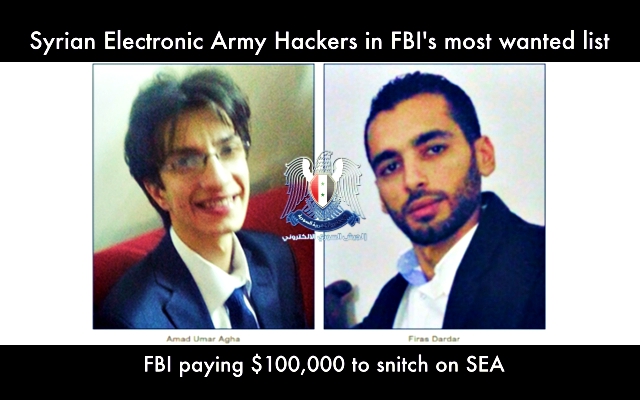Lottery
Fraud
Scammers
Target the Elderly
The Washington, File FBI Post |  March 08, 2016
March 08, 2016
03/08/16
The phone originated from all of a sudden. The man on hold told the
83-year-old resigned teacher she had won a significant lottery prize. All that
was required to guarantee the godsend was to pay charges and different
expenses.
Before it was over, the casualty—a Virginia occupant who had
carefully put something aside for her retirement—was out more than $500,000 in
a trick that has turned into very commonplace among the elderly.
The crooks behind these lottery fakes and other telemarketing tricks
prey on senior nationals for an assortment of reasons, as per Special Agent
John Gardner, who explored the lady's case out of the FBI's Washington Field
Office and in the end put the Jamaican man who misled her in a correctional
facility.
["The main thing to know is that lottery con artists have no
sympathy for the elderly," Gardner said. "For them, it's about the
cash." Seniors can be baited into the trick since they have money related
challenges or they may have enough for themselves however need to leave a
legacy for their youngsters. Some might experience the ill effects of mental
decrease or dementia. "Others are so forlorn, they simply need somebody to
converse with," Gardner clarified. "A few tricksters turn out to be
'closest companions' with their casualties.]
There is likewise the issue of innovation. The hoodlums—numerous who
do their wrongdoings from Jamaica—use Internet apparatuses to cover their calls
so they give off an impression of being originating from U.S. numbers with
specific zone codes, for example, Las Vegas.
"Elderly individuals grew up during an era when individuals
weren't swindling individuals via telephone," Gardner said. "They
don't know about these Internet covering innovations and are for the most part
not suspicious when the phone rings."
The fraudsters are as influential as they are advanced. "The
Jamaican lottery tricksters resemble a sorted out digital wrongdoing
bunch," Gardner said. "They are nearly sew, very organized, and have
U.S. partners—cash donkeys—who launder their cash."
The con artists who make the calls talk magnificent English and
utilize all around rehearsed scripts complete with counters. They are
experienced and amazingly manipulative. To target casualties of a particular
age, they purchase lead records that are broadly accessible on the web.
Gardner got the Virginia lady's grumbling in 2011. The following
examination inevitably brought about the recognizable proof of seven subjects,
every one of whom were accused in association of the lottery plan. Six of those
people have been indicted, and one is a criminal. The instigator, Paul Laing,
31, of Sandy Bay, Jamaica, was sentenced a month ago to 10 years in jail for
his authority part in the plan.
Laing pled liable in October 2015, conceding that he duped various
elderly casualties, including the lady from Virginia who lost her life
investment funds. Laing taught casualties to send reserves through wire
exchanges, the U.S. mail, and different means specifically to him in Jamaica or
to co-plotters in the U.S. Those co-plotters—the cash donkeys—kept a part of
the returns and exchanged the rest to Laing. The illegal assets rushed to a
huge number of dollars from more than 23 known casualties, Gardner said,
including that there were likely numerous more casualties who never approached.
The Federal Trade Commission—the country's shopper security
office—offers the accompanying exhortation to abstain from succumbing to
lottery tricks and other telemarketing cheats: - Don't pay cash to gather
assumed lottery or sweepstakes rewards. On the off chance that you need to pay
to gather, you are not winning, you are purchasing. Genuine sweepstakes don't
oblige you to pay protection, expenses, or delivering and taking care of
charges to gather your prize. - Scammers weight individuals to wire cash
through business cash exchange organizations since wiring cash is the same as
sending money.
At the point when the cash's been sent, there's next to no
possibility of recuperation. In like manner, oppose any push to send a check or
cash request by overnight conveyance or dispatch. Scalawags suggest these
administrations so they can get their hands on your cash before you understand
you've been bamboozled. - Remember that telephone numbers can swindle. Web
innovation permits con artists to camouflage their territory code so it would
appear that they're calling from your neighborhood, they could call from
anyplace on the planet.



